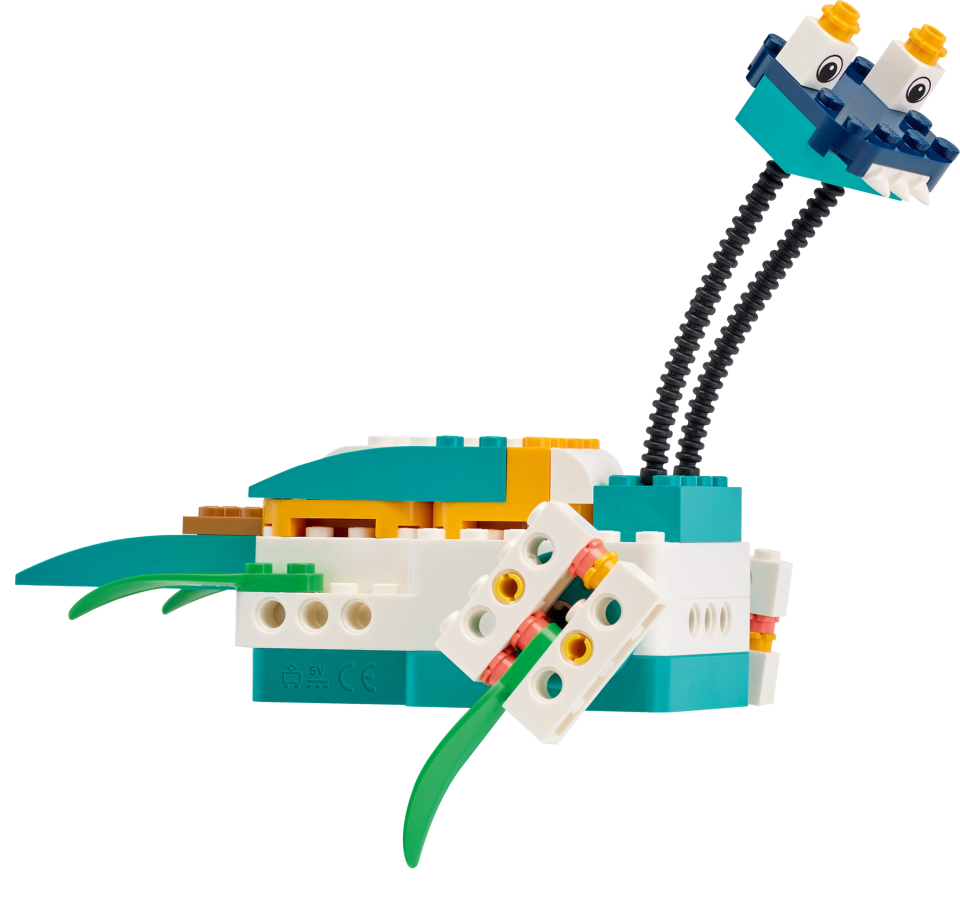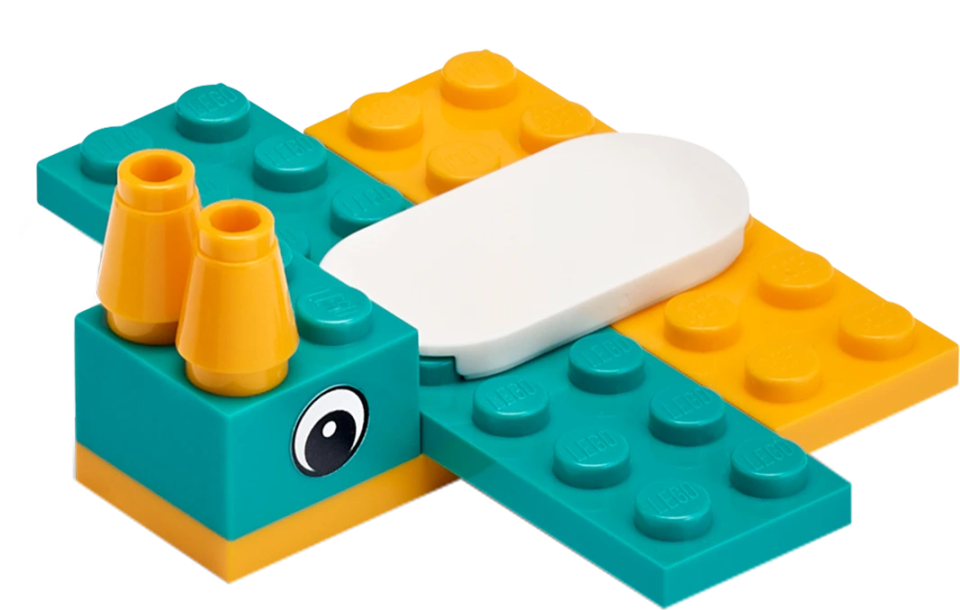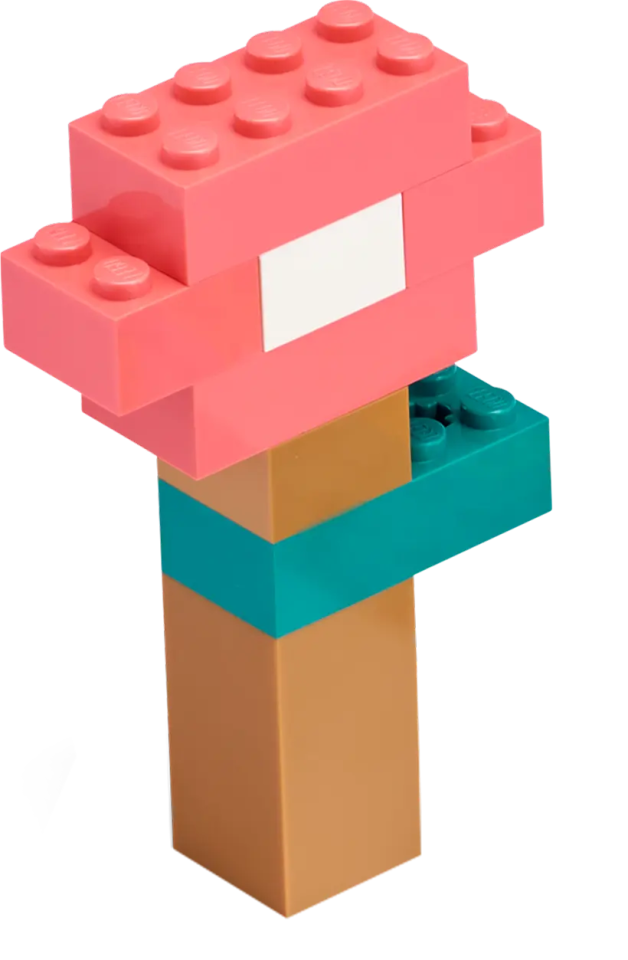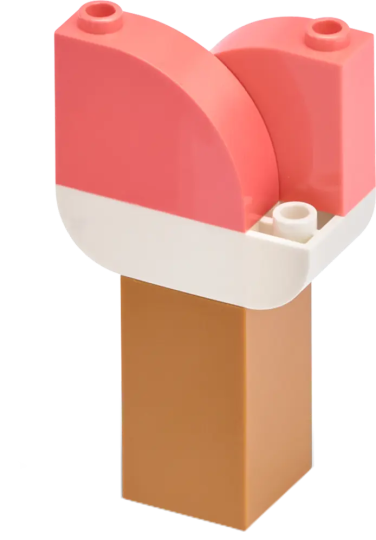Illinois State Funding
After School Program Grant
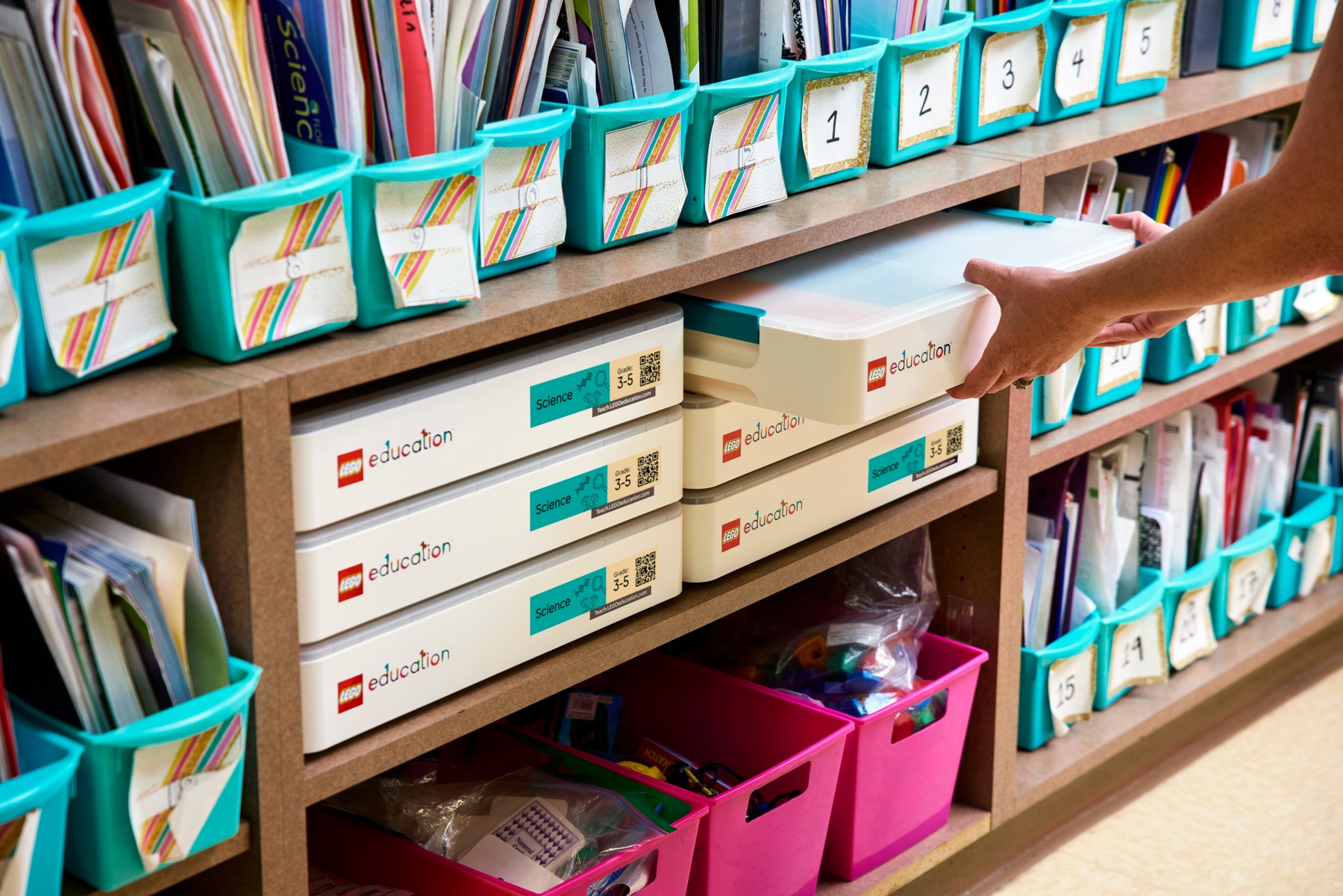
Eligibility
- Entities that are not school districts or LEAs may apply.
- Eligible applicants include:
- Regional Offices of Education (ROEs)
- Intermediate Service Centers (ISCs)
- Community-based organizations (including faith-based)
- Indian tribes or tribal organizations
- Applicants must propose to serve a population of students that is at least 90% low-income, determined through Free and Reduced-Price Meal Eligibility Data or other income-based criteria.
Goals
- Improve academic outcomes for students.
- Provide enrichment opportunities in a safe and healthy environment.
- Strengthen public, private, and philanthropic partnerships to support students facing the greatest challenges.
Application Due Date
- October 14, 2025, at 4:00 PM CST
Grant Cycle
- July 1, 2025 – June 30, 2026 (one-year award, no continuation funding)
Grant Award Total Amount
- Up to $18 million total statewide allocated for non-school district applicants.
- Individual award amounts will vary (no set minimum/maximum stated).
- No cost-sharing or matching requirement.
Allowable Purchases
- Grant funds may be used for:
- Instructional staff costs – salaries or stipends for staff who work directly with students.
- Supplies and materials – necessary items to implement enrichment and academic programs.
- Professional development – training for staff to deliver high-quality after-school programming.
- Technology – equipment such as computers, tablets, or robotics kits (must be reasonable, directly tied to academics, and approved by ISBE).
How LEGO® Education Aligns:
- STEM & Robotics Clubs (SPIKE™ Essential and Prime)
- Students design, build, and code robots to solve real-world challenges.
- Encourages teamwork, problem-solving, and persistence in a fun, hands-on setting.
- Aligns with allowable “technology,” “supplies,” and “instructional staff costs.”
- Science & Exploration Labs (LEGO® Education Science Kits)
- Learners investigate forces, energy, and life sciences through inquiry-based experiments.
- Builds curiosity and connects directly to classroom learning while boosting academic achievement.
- Matches the grant’s focus on enrichment in a safe, structured environment.
- Creative Coding Projects (SPIKE™ Essential and Prime)
- After-school coding challenges where students animate stories, create interactive games, or engineer smart solutions.
- Strengthens digital literacy and prepares students for high-demand careers in STEM fields.
- Supports the grant’s goals of academic outcomes and future readiness.
- Family Engagement Nights
- Builds school-community connections and supports working families, aligning with the grant’s emphasis on partnerships.
- Students showcase their projects — robotics competitions, science fairs, or coding demos.
- LEGO Education Professional Development
- Teachers and after-school facilitators participate in LEGO® Education workshops.
- Builds sustainable program capacity, ensuring high-quality learning continues year after year.
Program Implementation Requirements
- Programs must serve school-age youth after school and out-of-school time in safe, site-based environments.
- Virtual/online programming is not funded.
- Grantees must conduct quarterly reporting via Microsoft forms and submit an annual final report.
- Administrative costs cannot exceed 5% of the total award.
Keep in Mind
- Proposals must be submitted through the IWAS and complete an eGMS application and score at least 80 points on the merit-based review rubric to be considered for funding.
- Priority points are awarded for serving schools that are Tier 1/Tier 2, Comprehensive/Targeted/Intensive, or 90%+ free/reduced lunch.
- ISBE will post any RFP updates by October 7, 2025.
- For questions about the electronic application process, email help@isbe.net.
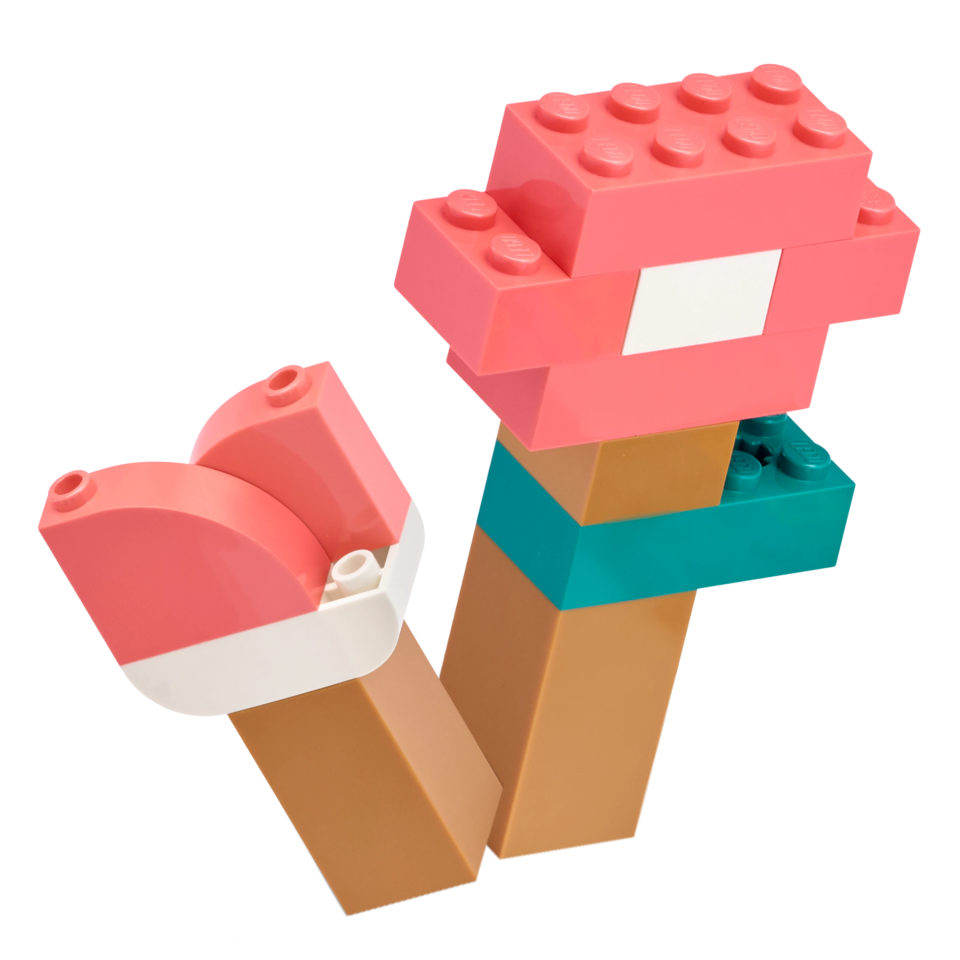
Ready to bring LEGO® Education to your district?
